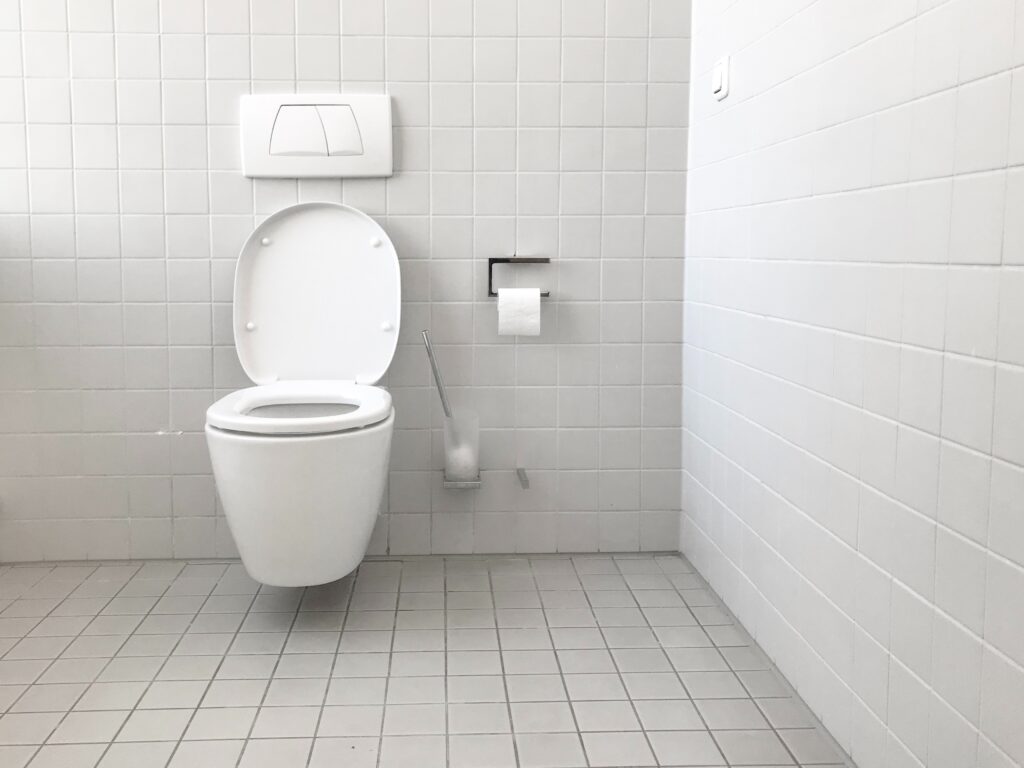If you have BPH, (short for benign prostastic hyperplasia and also known as prostate enlargement), you may be seeking BPH treatment. Today, there are several ways to treat this condition. However, if you want to explore the main BPH treatment that avoids surgery, keep reading this post, as our Houston and Dallas interventional radiologists give you a better understanding of how they can relieve your symptoms.

Men with this condition have an enlarged prostate gland. And, to get a BPH diagnosis, that enlargement could result from a variety of causes, excluding cancer.
Following that enlargement, you may experience LUTS (lower urinary tract symptoms) due to the prostate gland's location in your body. You see, since this walnut-shaped gland sits at the neck of your bladder, surrounding the urethra, any change in size can impact your urination patterns. And that becomes clear when you explore the most common complaints associated with an enlarged prostate.
Two common symptoms of BPH are losing the ability to urinate or experiencing urinary dribbling at the end of a bathroom visit. Other symptoms of an enlarged prostate may include:
The best way to relieve LUTS is by treating BPH. Today, there are several available treatment options; the one you choose should depend on your symptom severity and overall health and lifestyle. Initially, you may manage your condition with certain lifestyle changes. Some helpful ways to manage BPH through lifestyle include urinating on a regular schedule, even when you don't need to, or sooner if you feel an urge. (And you should answer that call immediately.)
Also helpful? Pay close attention to your choice of beverage, reducing alcohol and caffeine and avoiding them entirely in the evening. Furthermore, try to cut off all fluid intake two hours before you want to go to sleep. And, throughout the rest of the day, sip small amounts of fluid at regular intervals instead of guzzling a big beverage all in one sitting. Now, try to exercise regularly and reduce your tension, since remaining sedentary and feeling stressed can make symptoms worse. Finally, limit use of antihistamines or decongestant medications, since both can worsen lower urinary tract symptoms.
Certain medications, including finasteride and dutasteride, lower production of hormones in the prostate, thereby reducing the size of the gland. However, with these treatment options, you'll have to wait between three and six months before your symptoms improve.
Another option? Alpha-1 blockers, a group of blood pressure-lowering medications, can also help BPH symptoms by relaxing the muscles in the bladder and prostate, reducing barriers to urination. However, these medications may interact with other prescription drugs, or cause additional side effects. For that reason, some people prefer to explore medical procedures.
Surgery-Free BPH Treatment
Aquablation for BPH is an ultrasound-guided procedure that uses a water jet to destroy excess prostate tissue. It is particularly effective for men who experience urinary retention (the inability to fully empty the bladder. But, while it is a non-surgical procedure, this option does require an overnight hospital stay.
In contrast, there is a new, non-surgical BPH treatment known as Prostatic Artery Embolization (PAE) that is growing in popularity. PAE is now an FDA-approved, outpatient BPH treatment option available at the Houston and Dallas locations of the Texas Prostate Institute that does not require overnight hospital stays. Now, not every patient is a PAE candidate. Instead, we recommend this procedure for those who experience ongoing BPH symptoms after trying medication, or for those who wish to avoid surgery or who are not medically cleared for invasive procedures.
Ready to find relief from LUTS and other effects of benign prostatic hyperplasia? When lifestyle measures and medications fail, non-surgical relief is still available. Click here to request an appointment . When you come in, we can discuss PAE as a BPH treatment.

Scheduling
Please contact our dedicated specialists to schedule a consultation today.
2025 Texas Prostate Institute. All rights reserved. Website Design by Healthcare Success